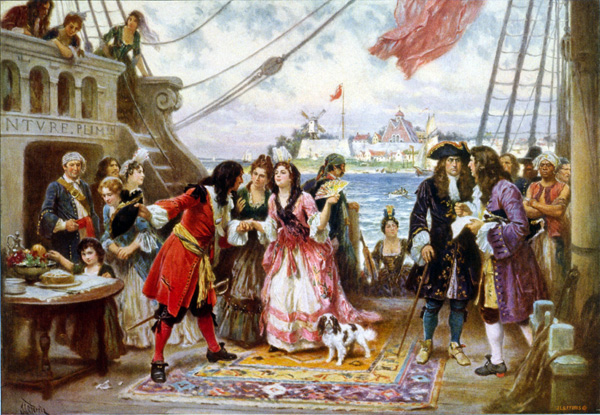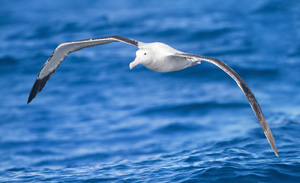Top 6 sailing superstitions
Sailing on a cruise ship is a far cry from days of yore. Centuries ago, it was mostly men searching for adventure and money who set sail in filthy conditions, the consequences and existing conditions of which sometimes resulted in disaster. Out of this, arose innumerable superstitions.
We pick the top 6 (because even numbers brought bad luck, and we’re not superstitious)
- Women: Women might be called ‘better halves’ today but for sailors, having them on board was a terrible idea. It was believed that they would distract the crew and enrage the sea gods who would then play havoc. It’s worth noting however that having child being born on board was good luck, so the best way to take your wife on board back then was to make sure she was heavily pregnant.
- Food: Strangely, bananas were one food item that gave sailors jelly legs. It was thought that sickness would pervade if a shipment of bananas was on board, either from the fermenting, methane-diffusing fruit or from poisonous spiders that made their homes there. After Spaniards realised that most ships that went missing in the 1700s had a load of the fruit on board, sailors literally went bananas if they saw it. It was also considered unlucky to pass a salt shaker directly to another or stir tea with a knife or fork.
- Appearance: Gold hoops were thought to bring good luck and you could tell a sailor had crossed the equator if he had a pierced ear. It is thus assumed that pirates were particularly adventurous, given that most of them wore gold hoops in their ears. They were also rather unkempt, following the superstition that anyone who cut their nails, hair or beard brought bad luck to the ship. Tattoos, particularly of roosters or pigs, were believed to save sailors from drowning.
- Animals: Albatrosses and gulls were sacred to ships and apparently carried the souls of dead sailors or those lost at sea. Black cats were welcome on board in the hope of good fortune, and sailors’ wives often kept them as pets to ensure their husbands’ safe return. Dolphins accompanying a ship is a good sign, but if it’s sharks you see, prepare for doom.
- Calendar: Thursday, dedicated to the Norse god Thor, was not a good day to set sail. Neither was Friday, the day Jesus was crucified. It was also apparently a bad idea to leave port on the first Monday in April, believed to be the day that Cain killed his brother Abel, or on the second Monday in August when the evil cities of Sodom and Gomorrah were supposedly destroyed by God. December 31 was not the best day either as it was believed that Judas Iscariot hung himself on that day.
- Language: Wishing a sailor ‘good bye’ or ‘good luck’ would not have brought him peace as these words, along with ‘drowned’, were considered bad omens. Saying ‘13’ at sea was asking for trouble, as was mentioning words connected to terra firma – particularly ‘church’, ‘foxes’, and ‘rabbits’. And once a ship was christened, it could not be renamed without a de-naming ceremony first. After all, christening bestowed on every ship a life and mind of its own!







